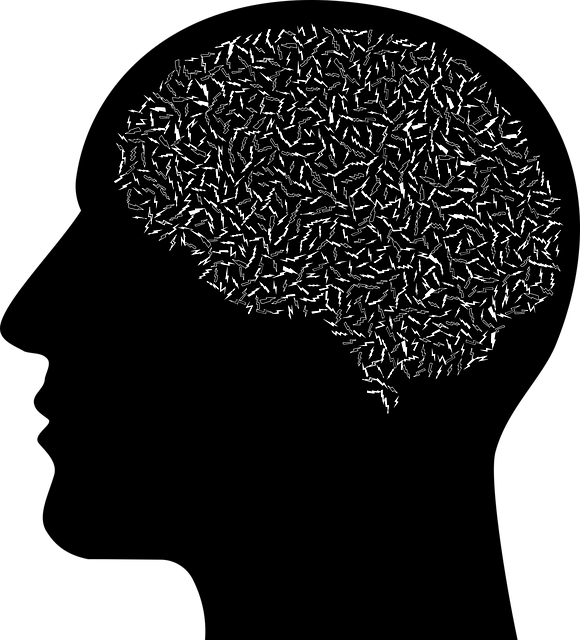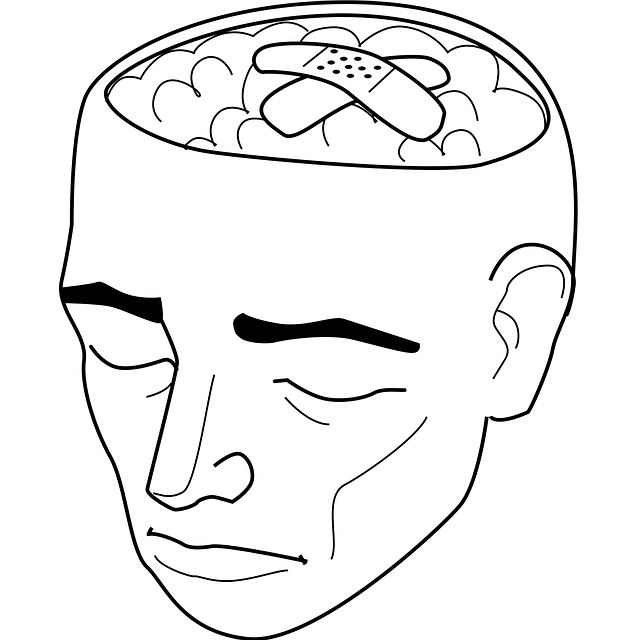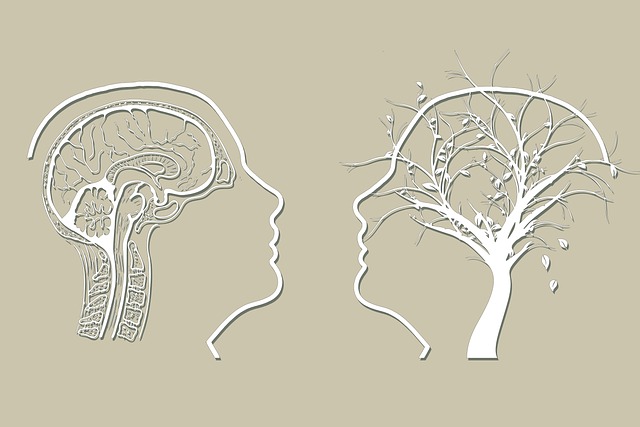Aurora First Responders Therapy (AFRT) provides specialized therapeutic support for police, firefighters, paramedics, and EMS personnel, focusing on trauma processing, coping mechanism development, and burnout prevention. Through evidence-based strategies including Inner Strength Development, self-care practices, and mental illness stigma reduction, AFRT equips healthcare providers with tools to enhance resilience, manage stress, and promote holistic well-being. Their comprehensive approach integrates continuous therapy, mindfulness techniques, workshops, and self-awareness exercises for long-term recovery and emotional endurance.
In times of crisis, effective intervention strategies are paramount. The article explores Aurora First Responders Therapy (AFRT), a specialized approach designed to support individuals facing severe emotional distress. We delve into key AFRT strategies, providing a comprehensive guide for professionals. From understanding the therapy’s foundational principles to practical implementation and continuous support, this overview ensures a well-rounded approach to effective recovery. Discover how AFRT empowers first responders to make a tangible difference in crisis situations.
- Understanding Aurora First Responders Therapy: A Brief Overview
- Key Strategies for Crisis Intervention
- Practical Implementation and Continuous Support for Effective Recovery
Understanding Aurora First Responders Therapy: A Brief Overview

Aurora First Responders Therapy (AFRT) is a specialized therapeutic approach designed to support first responders—police officers, firefighters, paramedics, and emergency medical services personnel—who often confront traumatic events on a regular basis. This therapy recognizes the unique challenges faced by these individuals, aiming to prevent burnout and promote resilience. By employing evidence-based communication strategies, AFRT helps first responders process their experiences and develop effective coping mechanisms.
The program focuses on building empathy within the therapeutic setting, encouraging practitioners to understand the profound impact of trauma on mental health. Through various techniques, it equips healthcare providers with burnout prevention strategies, enabling them to better support not just their patients but also themselves. This holistic approach is vital in fostering a healthier and more supportive environment for those who dedicate their lives to serving and protecting others.
Key Strategies for Crisis Intervention

In crisis intervention, Aurora First Responders Therapy employs several key strategies to effectively support individuals in distress. One of the foundational approaches is Inner Strength Development, which focuses on helping people tap into their inherent resilience and coping mechanisms. This involves encouraging self-reflection, fostering a sense of agency, and teaching practical skills to navigate challenging situations. By strengthening their internal resources, individuals gain tools to manage crises independently while cultivating emotional endurance.
Complementing this is the integration of Self-Care Practices as a crucial element in crisis intervention. Promoting healthy habits such as mindfulness, regular exercise, and adequate sleep can significantly enhance an individual’s ability to cope with stress. Additionally, efforts aimed at Mental Illness Stigma Reduction play a vital role in creating a supportive environment where individuals feel comfortable seeking help without fear of judgment. Through these comprehensive strategies, Aurora First Responders Therapy ensures that those in crisis not only receive immediate assistance but also develop long-lasting tools for emotional well-being.
Practical Implementation and Continuous Support for Effective Recovery

The effective implementation of crisis intervention strategies requires a multifaceted approach, especially when aiming for long-term recovery. Aurora First Responders Therapy understands this critical aspect and offers tailored programs to support individuals post-crisis. One key component is providing continuous therapy sessions that build upon initial interventions. Through regular check-ins and follow-up meetings, the therapy team ensures clients receive ongoing guidance and support as they navigate their journey towards healing.
Additionally, incorporating practical tools such as mindfulness meditation and stress management workshops within the organization can empower individuals to take control of their mental well-being. Self-awareness exercises play a vital role in this process, enabling clients to recognize triggers and develop healthy coping mechanisms. By combining professional therapy with self-care practices, Aurora First Responders Therapy fosters sustainable recovery, ensuring individuals are equipped to face challenges and thrive in the long term.
Aurora First Responders Therapy offers a vital guidance system for crisis intervention, empowering professionals to navigate challenging situations effectively. By understanding this therapeutic approach and implementing key strategies, such as active listening, validation, and plan-making, individuals can provide immediate support while fostering long-term recovery. Continuous training and peer support are essential to maintaining proficiency, ensuring that those in need receive the best possible care during and after traumatic events.














